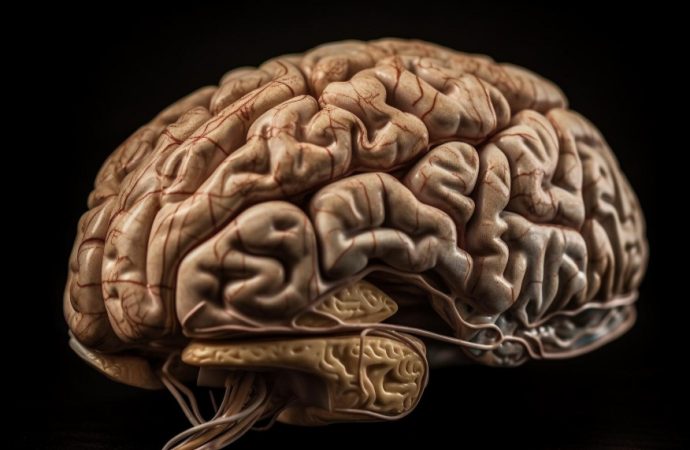Introduction The self-help genre has long been a source of both inspiration and skepticism, offering readers insights into personal growth and healing. ‘The Body Keeps the Score’ by Dr. Bessel van der Kolk is no exception, as it addresses trauma and mental health through a blend of scientific research and practical self-help methodologies. This article
Introduction
The self-help genre has long been a source of both inspiration and skepticism, offering readers insights into personal growth and healing. ‘The Body Keeps the Score’ by Dr. Bessel van der Kolk is no exception, as it addresses trauma and mental health through a blend of scientific research and practical self-help methodologies. This article delves into the self-help dilemma surrounding ‘The Body Keeps the Score’ and explores how the book navigates the fine line between credible science and accessible self-help, while leaving a profound impact on readers.
The Evolving Landscape of Self-Help
Self-help literature has a diverse history, encompassing a range of works that offer advice on everything from relationships to mindfulness. While some self-help books have been criticized for promoting pseudoscience and oversimplifying complex issues, others have earned recognition for their evidence-based approaches and empowering insights.
‘The Body Keeps the Score’ enters this complex landscape by providing readers with a unique blend of scientific research and practical self-help techniques to address the impacts of trauma on the body and mind. Its success has raised important questions about the role of self-help literature in addressing mental health issues.
Striking the Balance
One of the most significant challenges in self-help literature is striking a balance between accessibility and scientific credibility. ‘The Body Keeps the Score’ navigates this challenge adeptly by incorporating cutting-edge research in trauma and neurobiology, making complex concepts accessible to a broad readership.
Dr. van der Kolk supports his arguments with compelling case studies and personal narratives, allowing readers to connect with the material on a deeper level. By blending research with lived experiences, the book bridges the gap between science and self-help, resonating with both professionals and individuals seeking healing.
The Impact on Readers
The success of ‘The Body Keeps the Score’ lies in its ability to empower readers to understand their own trauma and seek healing through various therapeutic modalities. The book has touched the lives of countless individuals who have found solace in its practical approaches to addressing trauma-related challenges.
For many readers, ‘The Body Keeps the Score’ serves as a catalyst for personal growth, encouraging them to explore somatic practices, mindfulness techniques, and trauma-informed therapies. The book’s impact extends beyond self-help, inspiring individuals to take proactive steps toward healing and recovery.
Challenges and Criticisms
Despite its acclaim, ‘The Body Keeps the Score’ has faced its share of challenges and criticisms. Some professionals in the field of psychology express concerns about the potential oversimplification of trauma treatment in a self-help context. Others raise questions about the generalizability of the book’s anecdotes and case studies, calling for more extensive research on the presented healing methodologies.
It is crucial to recognize that self-help literature, including ‘The Body Keeps the Score,’ cannot replace professional mental health care. The book’s effectiveness may vary depending on individual needs and circumstances, underscoring the importance of seeking guidance from qualified professionals for those dealing with severe trauma-related issues.
Contributing to the Self-Help Genre
‘The Body Keeps the Score’ has made a significant contribution to the self-help genre by spotlighting the profound effects of trauma on the body and mind. By bridging science with accessible self-help practices, the book has opened new avenues for dialogue on trauma recovery and mental health.
Conclusion
‘The Body Keeps the Score’ exemplifies the self-help dilemma by skillfully combining scientific research with practical approaches to trauma and mental health. As the book continues to resonate with readers, it raises vital questions about the role of self-help literature in addressing complex psychological issues.
Ultimately, ‘The Body Keeps the Score‘ fits into the self-help genre by providing a transformative and empowering resource for individuals seeking healing and growth. By navigating the delicate balance between science and accessibility, the book has left a lasting impact on readers and the broader conversation about trauma-informed care and self-help approaches.


















Leave a Comment
Your email address will not be published. Required fields are marked with *